Media literacy capacity-building for Western Balkan students tackling spreading mis/disinformation
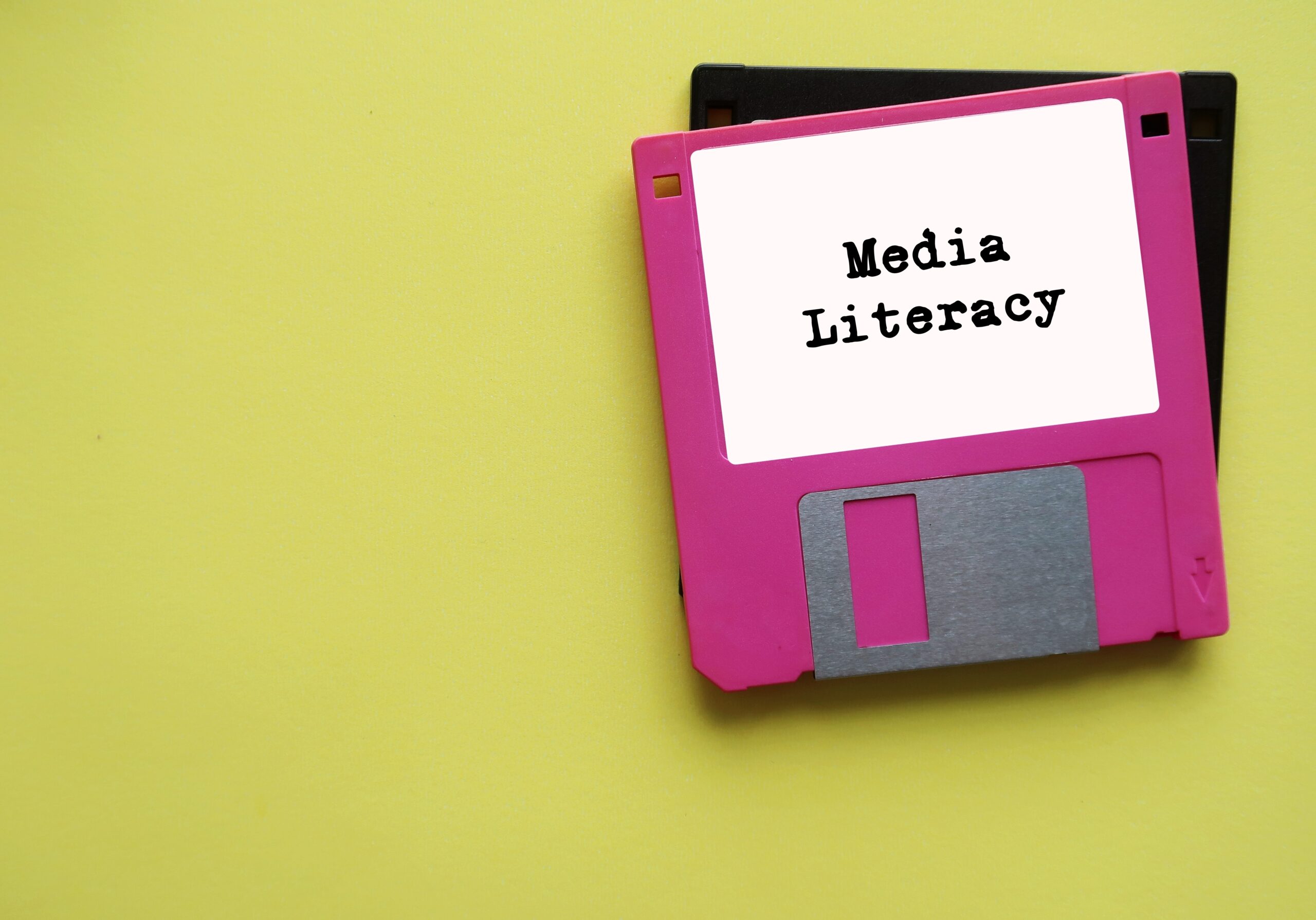
The team of Strategic Analysis supports ALPHA Centar in implementing the project “Media literacy capacity-building for Western Balkan students tackling spreading mis/disinformation”, supported by the International Visegrad Fund.
The project focuses on increasing media literacy skills during the summer school organised for the students in the Western Balkans, to equip them to fight disinformation through the means closest to them: campaigns created by them for their peers. The increased media literacy skills contribute to critically questioning the information space, which is essential for the information health of the region of Western Balkans.
The project’s main objective is to increase the media literacy capacity of the young generation, namely students of various fields from all Western Balkan countries who will tackle biases that threaten democratic cooperation, social cohesion, and reconciliation in the region.
Disinformation spreads more easily in the Western Balkans as the region runs on chronically low media literacy levels. The low media literacy level is directly connected to biased reporting, the inability to identify disinformation and the adoption of propaganda views. Disinformation in the region of Western Balkan increases the political and societal tensions, often undermining the democratic processes and democracy itself. Low levels of media literacy and the region’s media space, which are frequently criticized for their ideological biases, lack of transparency, and susceptibility to political influence, all contribute to a climate that is conducive to the unregulated spread of misinformation.
An essential part of the project will be the creation of publicity campaigns created by the participants of the project to generate awareness of disinformation in the information space, especially focusing on the online information space tailored to the public in the Western Balkans.
The project highlights techniques that support critical thinking, comprehension of how media works, and recognition of the signs of misinformation. Participants will learn about disinformation and hybrid threats in the Western Balkans, why is investigative journalism important, what the genre of reportage is and how can it be used for tackling disinformation, how disinformation can benefit the spreaders financially, and how propaganda is sponsored. Participants will also learn about investigative research and open data investigations. In Addition, special training will be dedicated to security in the digital domain, digital security hygiene, and online harassment so participants will know what to do when targeted by bots, trolls, or cyberattacked by other malign adherences. Participants will also receive training on defining the target audience for their campaigns.
For more information about the project visit the project`s site: https://alfacentar.org/media-literacy-capacity-building-for-western-balkan-students-tackling-spreading-miss-disinformation/
This project is implemented in partnership with:
Project Activities:
Summer School on Media Literacy in Žabljak, Montenegro, September 3- 10, 2024
From September 3 until September 10, 2024, the team of Strategic Analysis, in cooperation with ALPHA Centrar from Montenegro, and seven partners from the Balkans and Visegrad countries, co-organized an engaging Summer School focused on media literacy, which took place in the stunning town of Žabljak, Montenegro, with 30 young leaders from across the Western Balkans.
The program began with icebreaking activities and group building, which were crucial for establishing effective teamwork and communication under the guidance of Luis Bekteshi from the Perspektiva, Albania.
Participants learned how to navigate the complex digital landscape by developing essential skills in media literacy. Led by experts, the sessions covered the following topics:
- Milos Perovic, Alfa Centar, Montenegro – Official welcome and introduction to the summer school’s goals. He emphasized the importance of media literacy and provided an overview of the program.
- Jan Cingel, Strategic Analysis, Slovakia – Hybrid threats in the Western Balkans. He discussed how disinformation and manipulation can impact political and social environments.
- Samet Shabani, Horizon Civitas, North Macedonia – Training on “What is the truth?” Participants learned to critically analyze information and identify fake news.
- Milos Jevtic, Professional Association of the Security Sector, Serbia, – The use of AI in creating fake news. He presented technologies and methodologies used to generate false information.
- Ivana Sreckovic, European Bank for Reconstruction and Development, Montenegro – Critical analysis of media messages. She focused on evaluating media quality and reliability and methods to recognize biased narratives.
- Alexandra Tothova, Strategic Analysis, Slovakia – Best practices for digital security. She discussed data protection and safe internet use. Participants also experienced virtual reality incorporated into teaching about the digital security, offering a new perspective on digital technologies.
- Richard Straka, Infosecurity, Slovakia – presented OSINT tools for beginners. He demonstrated how these tools can be used for gathering and analyzing public information.
- Kamil Baluk, Instytut Reportazu, Poland – introduced the genre of reportage and writing techniques. He discussed various approaches and techniques used by journalists in reporting.
- Jan Zabka, Okraj.cz, Czechia – spoke about fact-checking and its importance for journalism. Participants learned techniques for verifying the accuracy of information.
- Domen Savic, Citizen D, Slovenia – made an introduction to media literacy topic and emphasisez its importance on the example of extreme right-wing hate speech. He examined the impact of advertising contracts and discussed practical aspects of misinformation.
- Petra Boskova, Strategic Analysis, Slovakia – spoke about polarization and strategic communication. She discussed how communication can contribute to societal polarization and potential solutions.
The program was enriched with various workshops and critical discussions, helping participants improve their skills in fact-checking, dissecting biased narratives, and analyzing media content in a hyper-connected world.
The Summer School was not just about acquiring knowledge but also about building a community of young leaders equipped to confront the spread of disinformation and inspire change in their home countries. Participants eagerly discussed the next steps for their projects, ensuring that the skills they gained will be applied long after the program ends.
Kick-off Coordination Meeting, February 01, 2024
Official kick-off coordination meeting of participating organizations organized via video conference with the aim of fine-tuning and approving the project timeline, selection criteria for participants and team coordinators, discussions about project materials, and creating the layout of project materials used through the implementation of the project.
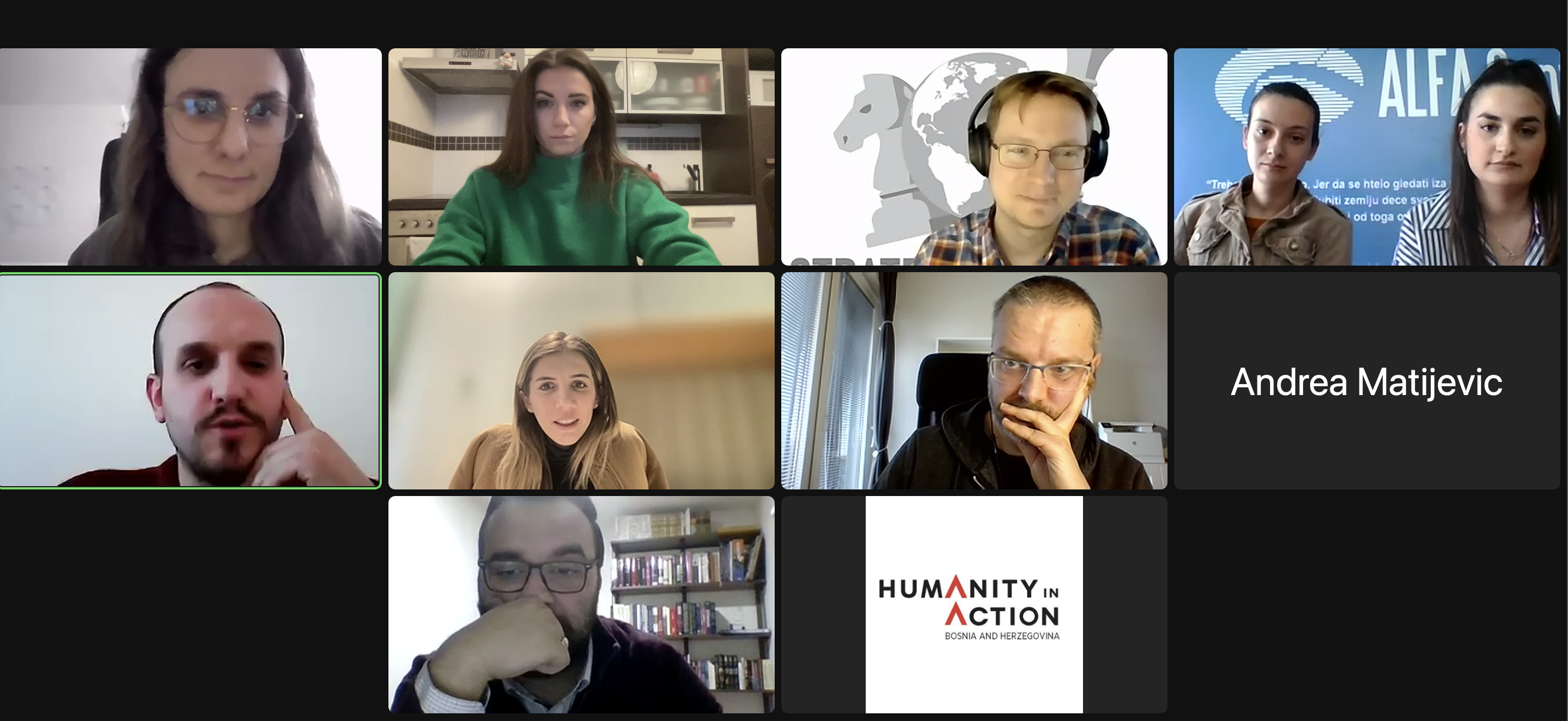
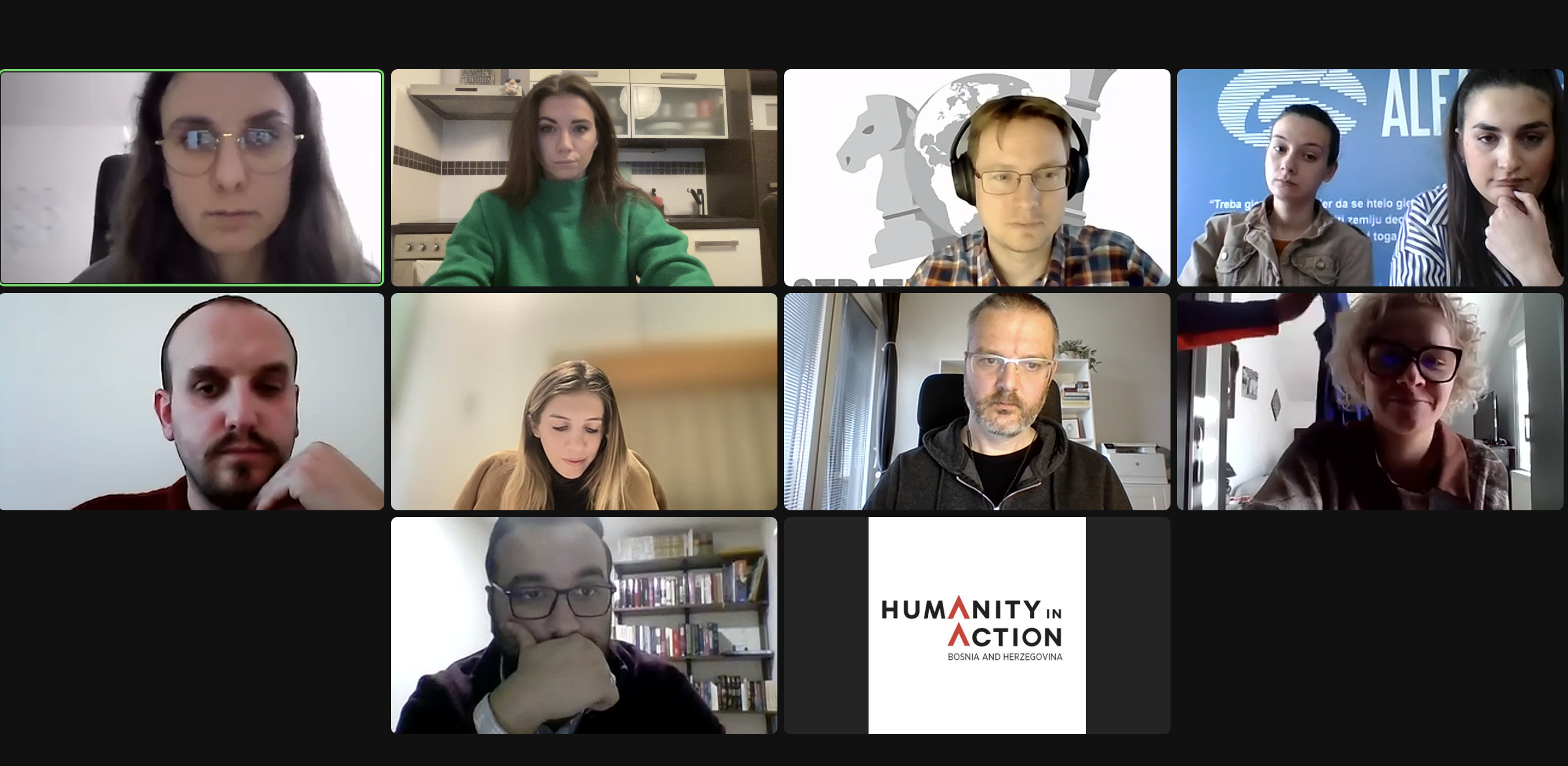


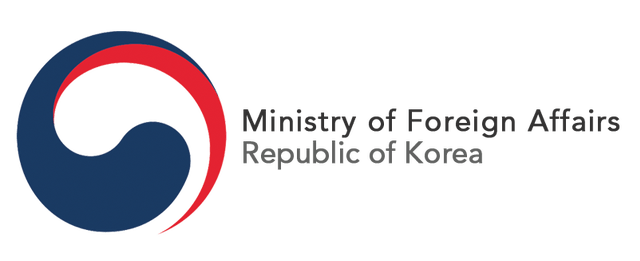
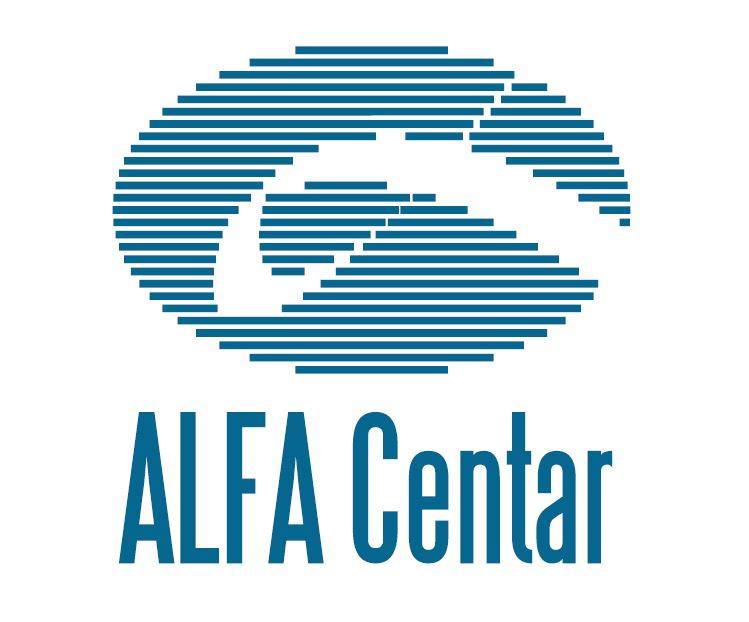
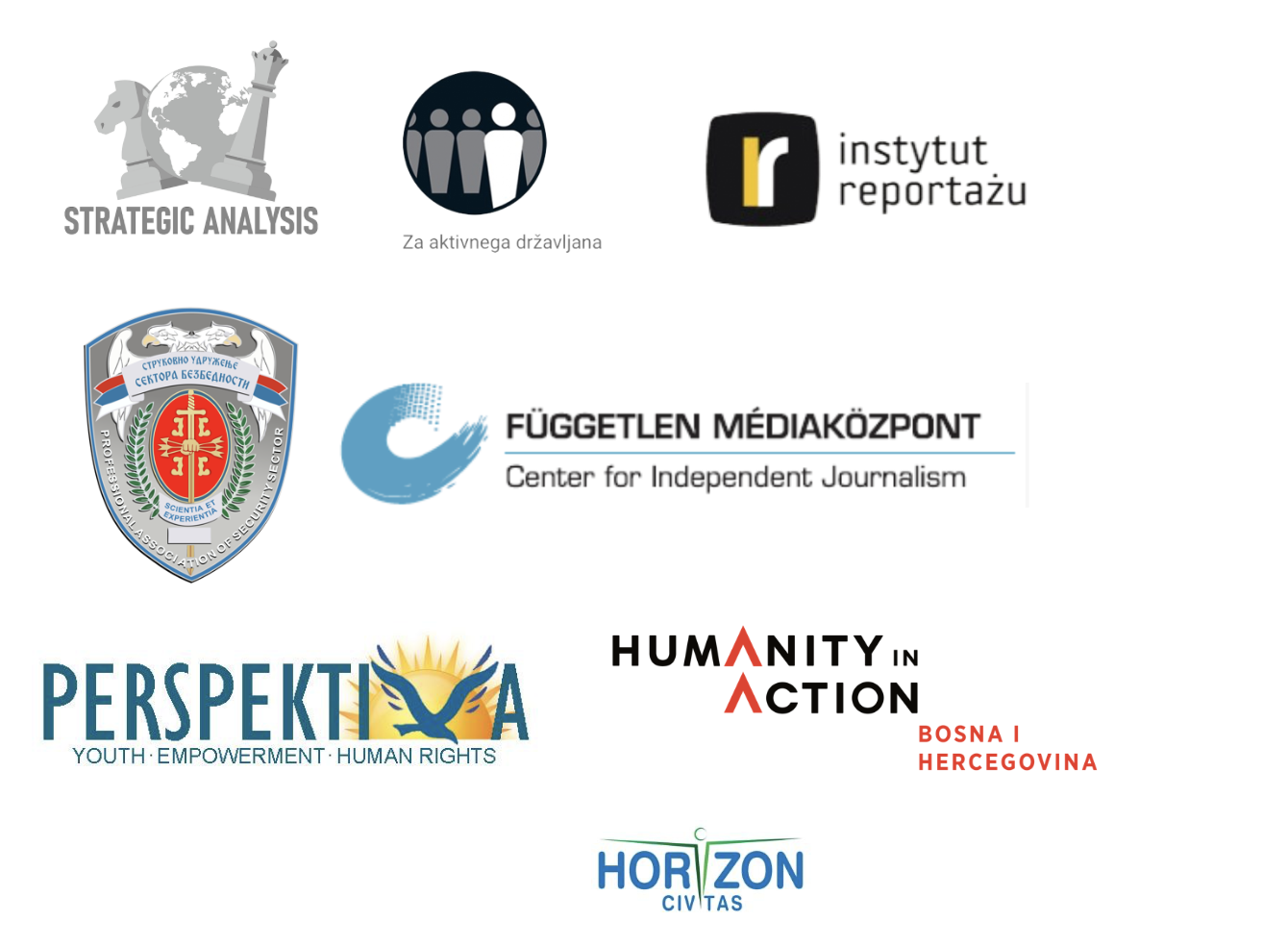

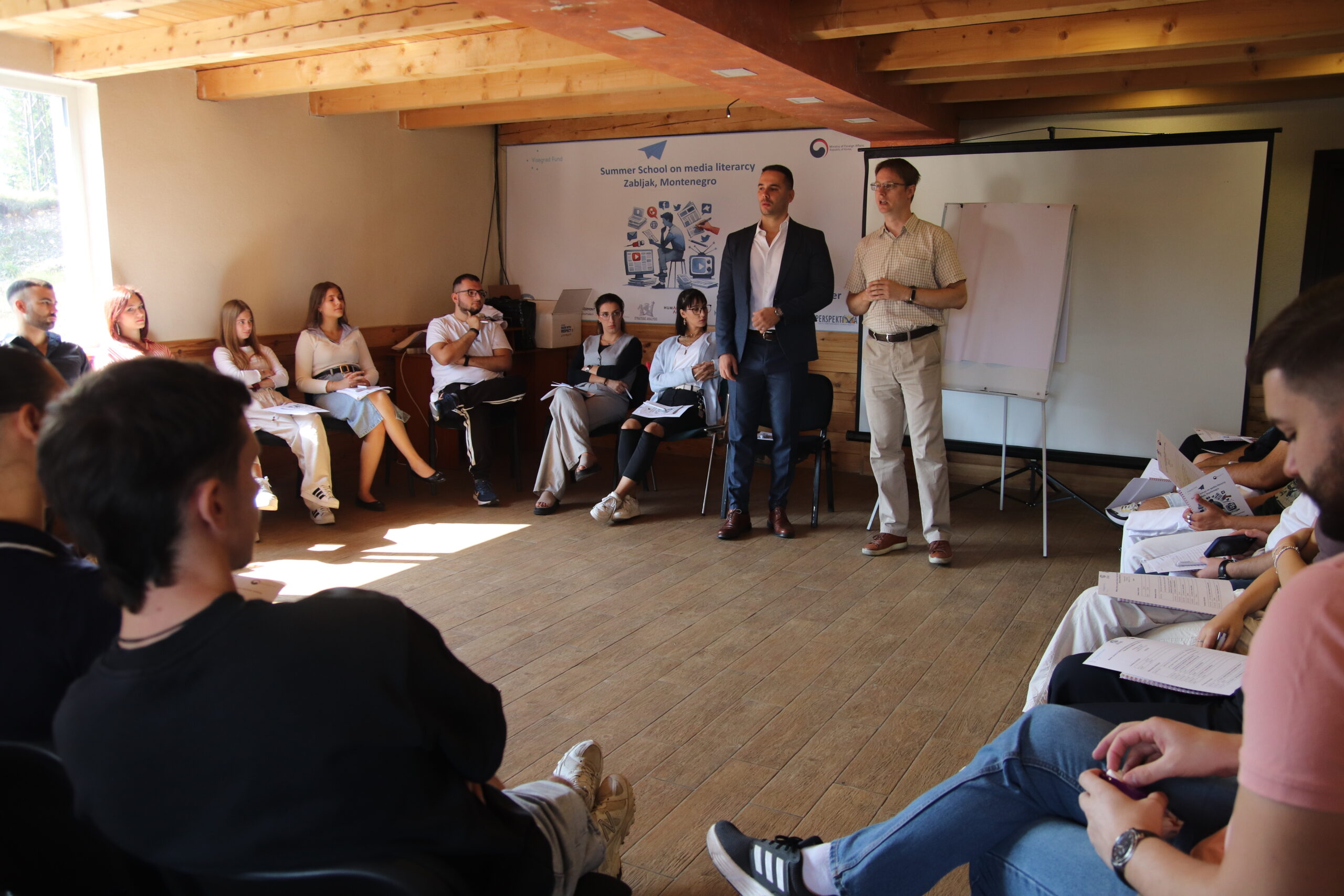


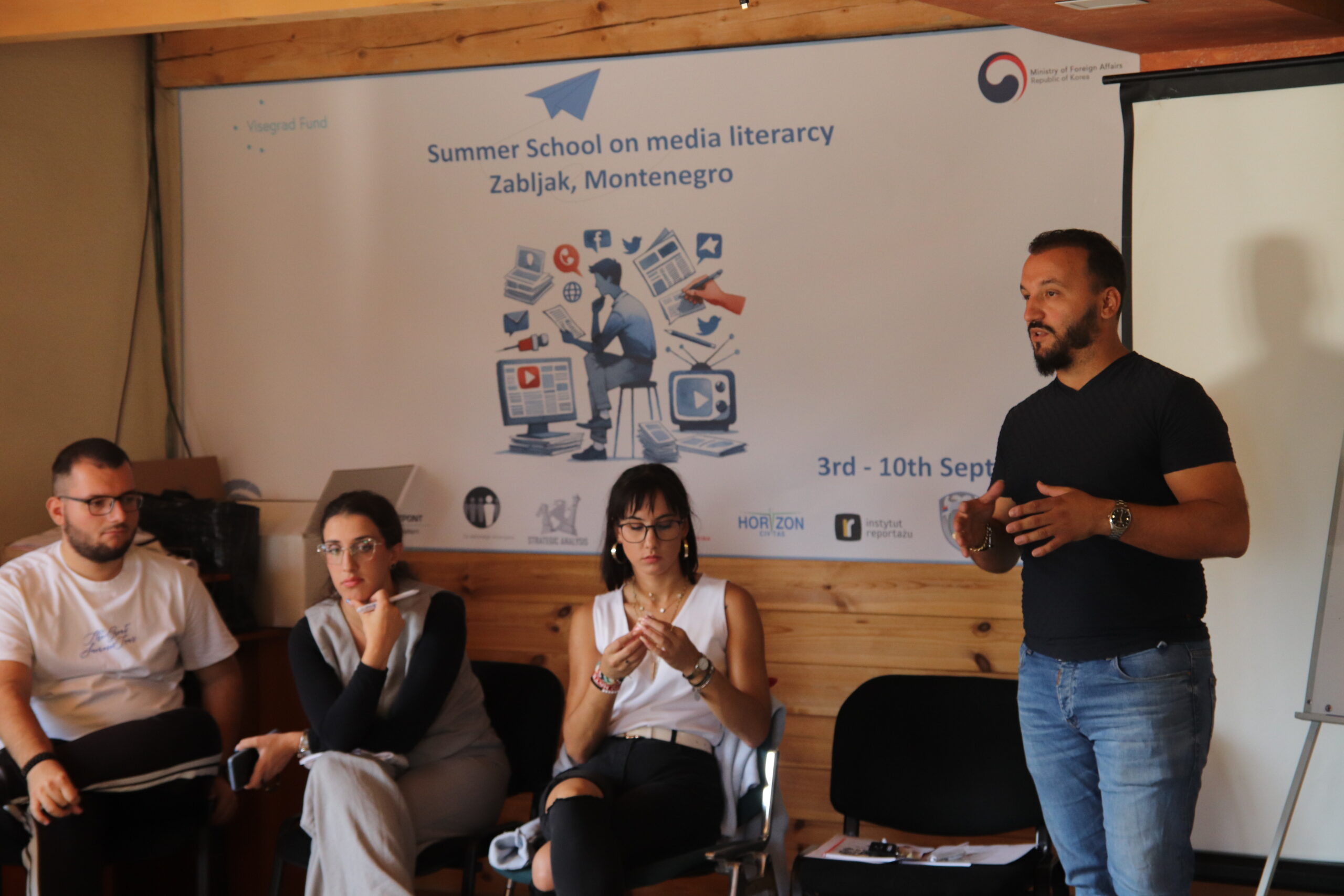
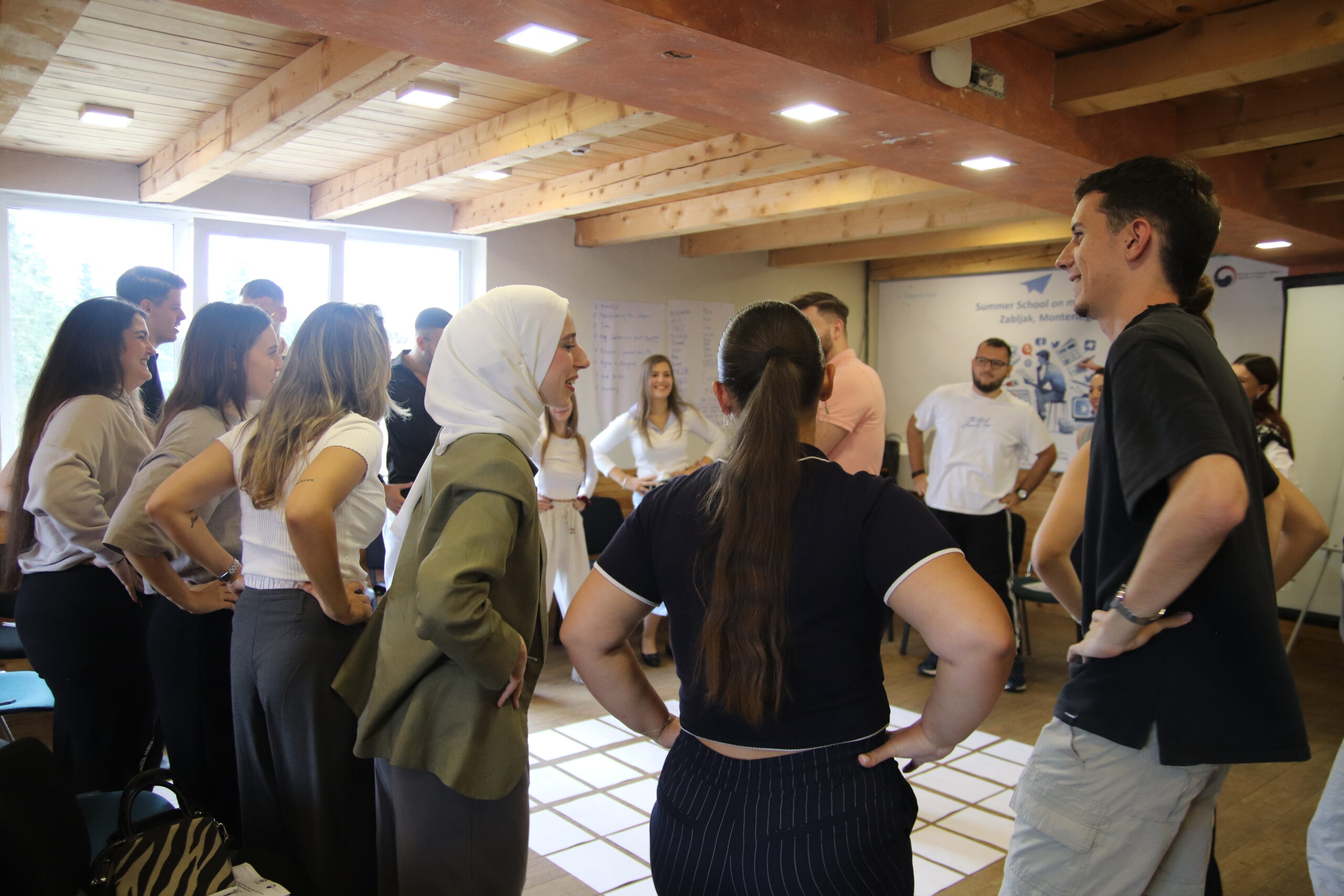

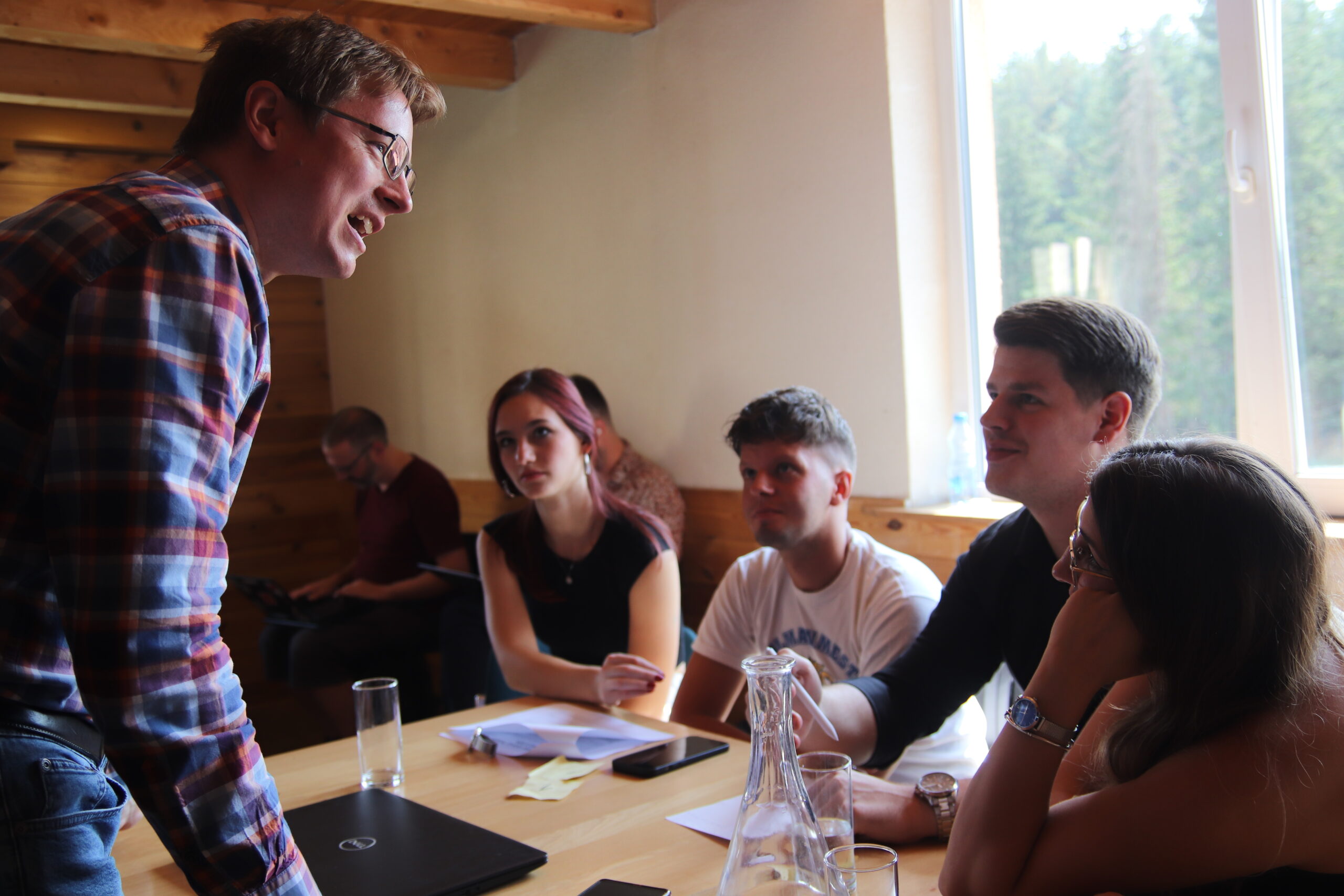
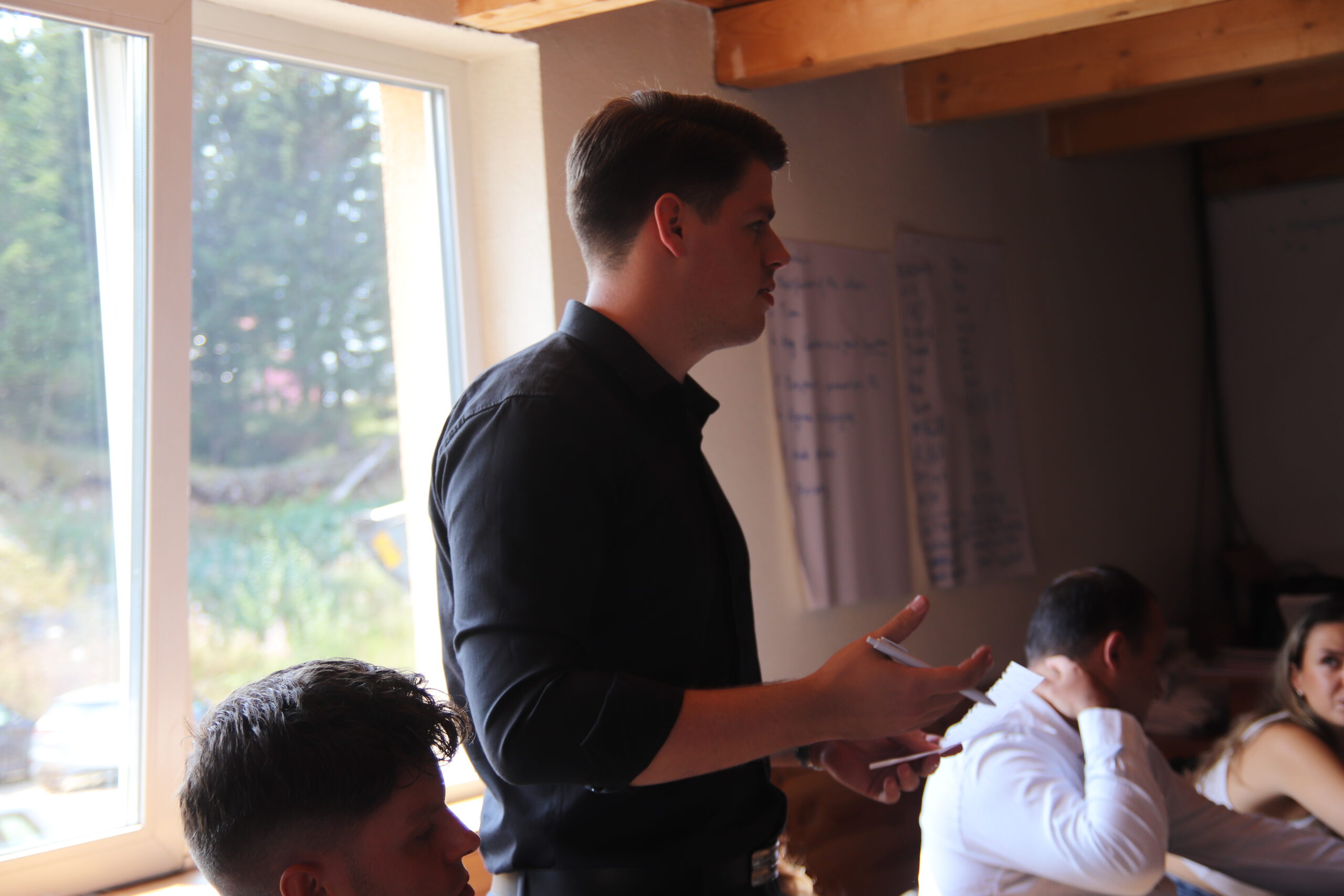
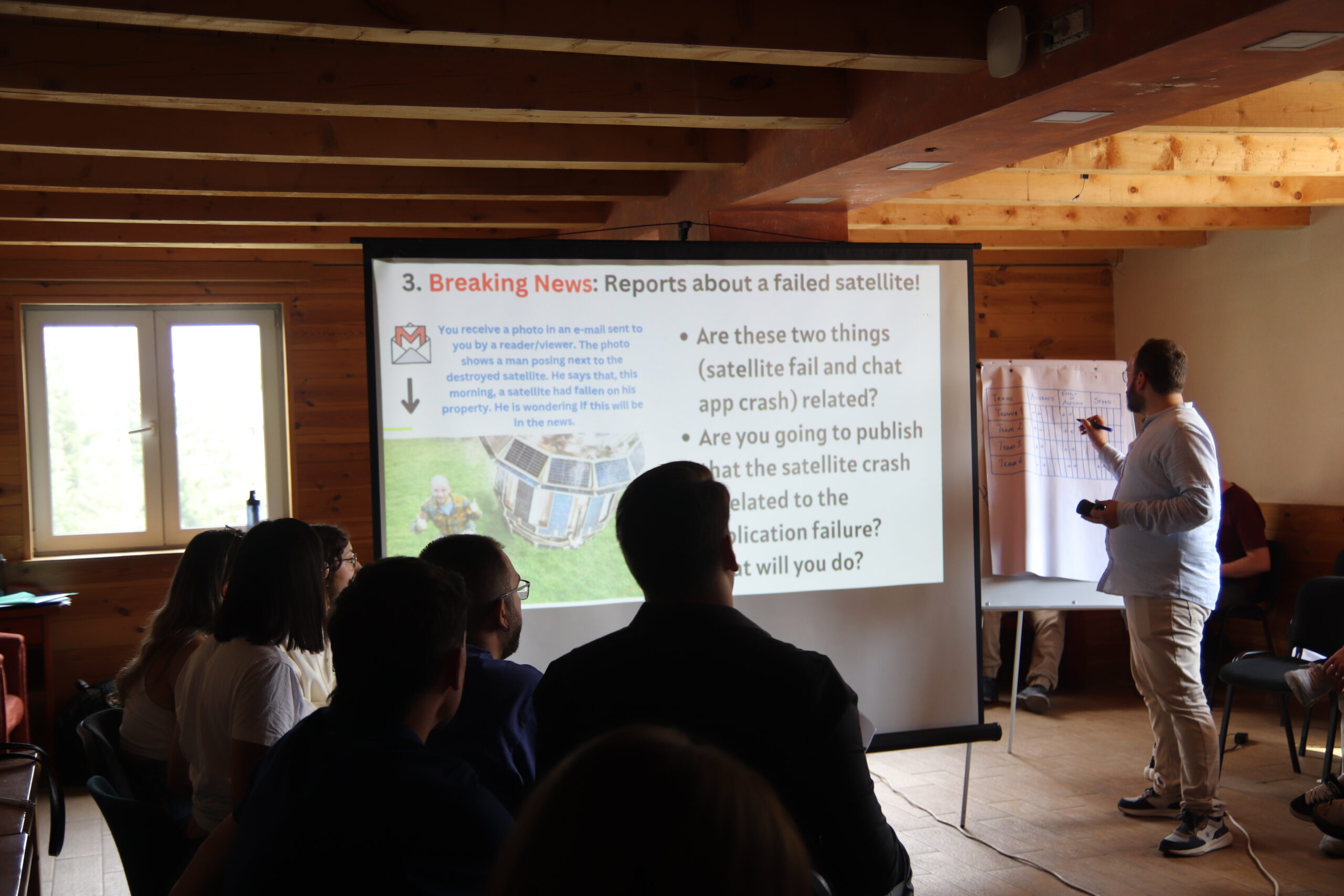
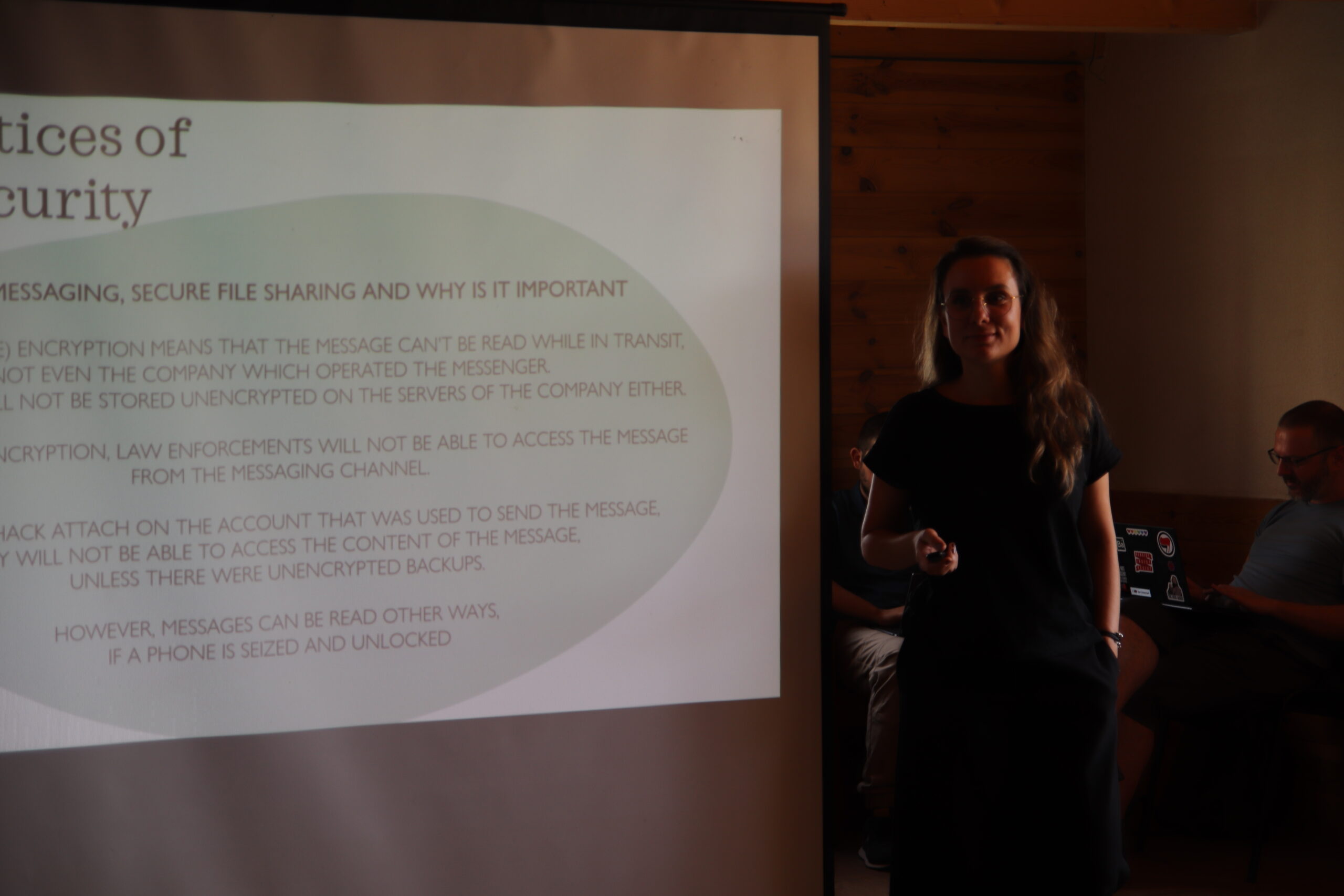
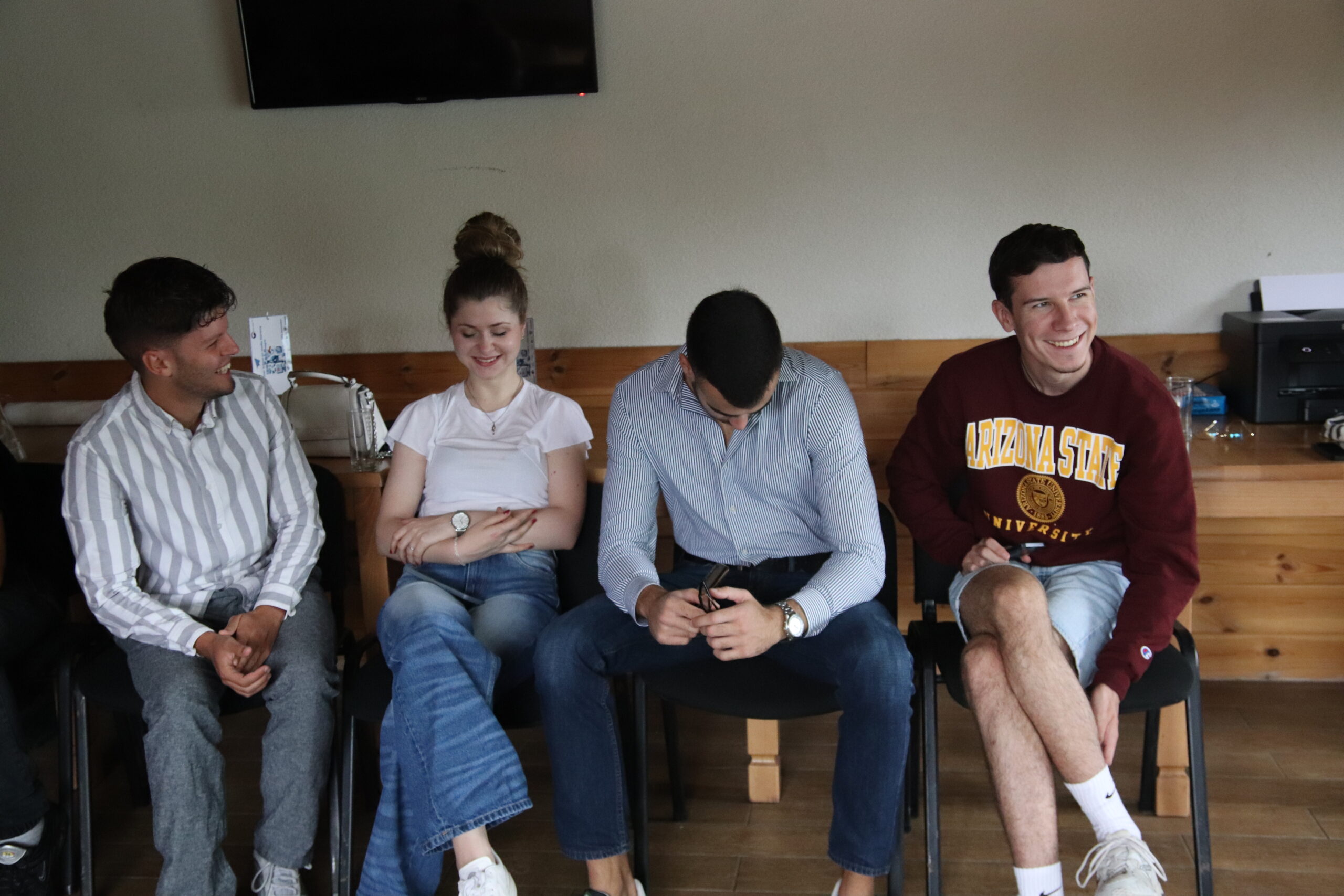
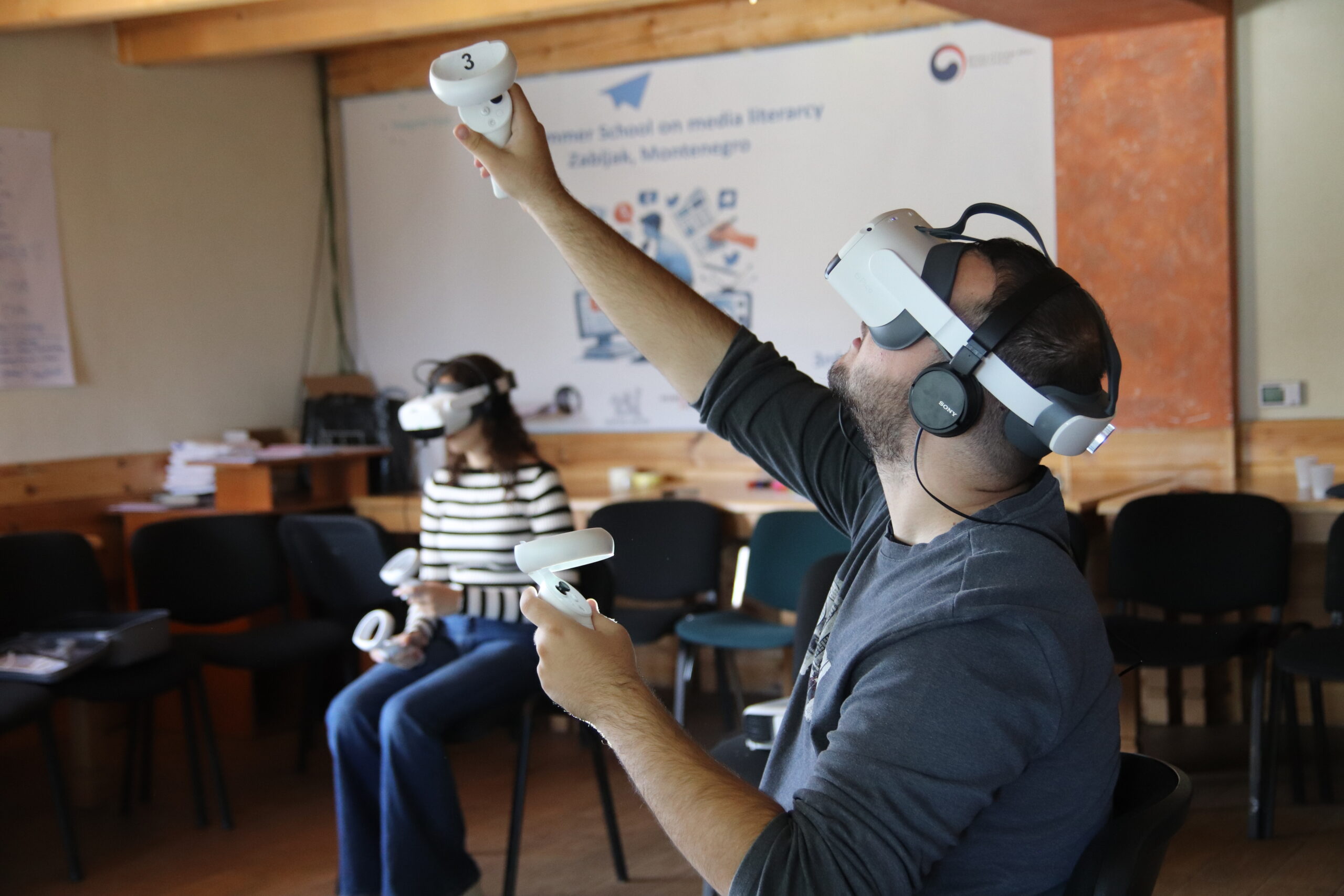

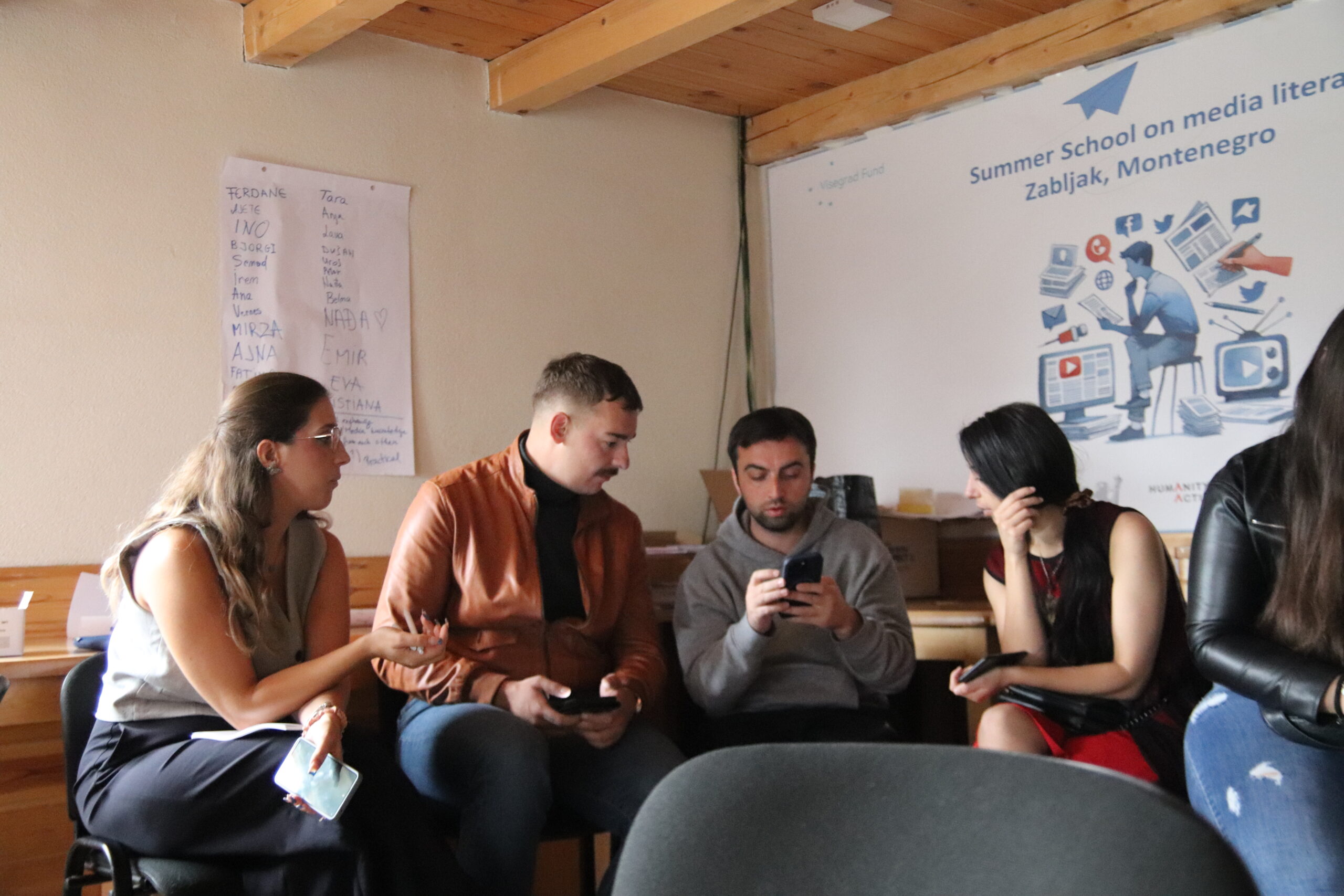
Contact us